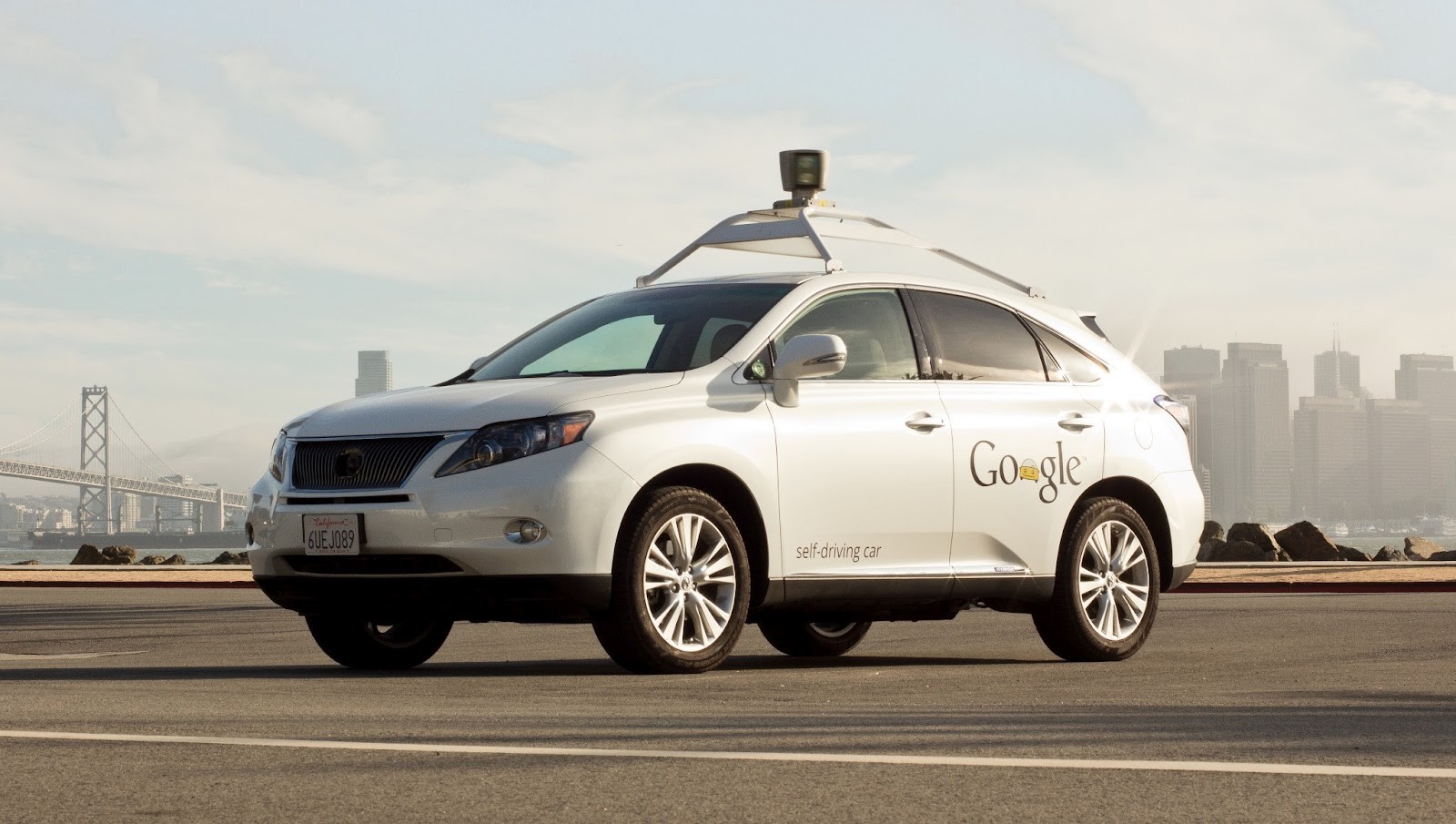The Wall Street Journal law blog posted “Personal Injury Lawyer Says Google’s Driverless Car Bad for Business.” In this article, New York-based personal injury attorney and legal blogger, Eric Turkewitz, shares his prediction that the introduction of driverless cars will significantly reduce the need for his services. In May 2014, the New York Times’ blog, The Upshot, ignited a similar conversation regarding the future of driverless cars.
Companies like Google and BMW are in the process of researching and developing driverless cars. Though not quite ready to be publicly released for sale, that day is rapidly approaching, possibly within the next five years. With that in mind, we need to begin focusing our attention on how this innovation will change the way we do things. At the Marrone Law Firm, LLC, we discussed Turkewitz’s argument and some of the implications that the introduction of driverless cars will have on the quality of travel, the legal services we offer, lawmakers and current insurance policies.
“Car accidents are the number one cause of death. Some will argue that driverless cars will significantly alter that statistic,” states Attorney Christopher Marrone. The Upshot mentions that insurance companies may begin to offer incentives for using driverless cars. Liability has the potential to greatly decrease because driverless cars will virtually eliminate human error. Turkewitz suggests that this decrease in human error will greatly reduce car accidents, greatly reducing the need for his services and others like it. We agree that this is a distinct possibility.
Despite the strong likelihood that driverless cars will greatly improve the quality of travel, Attorney Christopher Marrone expressed concern for the transition period before driverless cars are universally adopted. “If both driverless and traditional cars are on the road at the same time and a human error is made, will a driverless car be able to respond to that error and avoid an accident?” asks Marrone. On one hand, it may seem that driverless cars may eliminate much of auto liability, but on the other hand, they have opened the doors to countless other questions and causes for concern and discussion.
There is no question that this innovation will change the way personal injury attorneys do business. Instead, the question becomes “how” will our business change? While car accidents due to negligence may be minimized, lawyers will need to revisit the products liability chapter of their law books. Attorney Joseph Marrone believes that the nature of car accident cases will shift almost entirely from matters of negligence to more serious product liability matters. Marrone adds, “We will see more and more lawsuits filed against big manufacturing companies because now accidents will result from something malfunctioning within the car itself rather than the negligence of the driver.” Rather than needing to prove the negligence of drivers on the road, which can be a difficult task, attorneys will turn to investigators and experts to effectively determine if a product defect was a factor in the cause of an accident.
The introduction of driverless cars will impact how we approach accident lawsuits, and will fundamentally alter the way we do things. As previously mentioned, insurance policies may change drastically, and safety issues may shift from human error to larger scale manufacturing issues. While we agree with Turkewitz that our business will be impacted by driverless cars, we are still left with many unanswered questions regarding “how” and “at what scale”.
Source:
https://www.nytimes.com/2014/05/14/upshot/when-driverless-cars-break-the-law.html?_r=0


